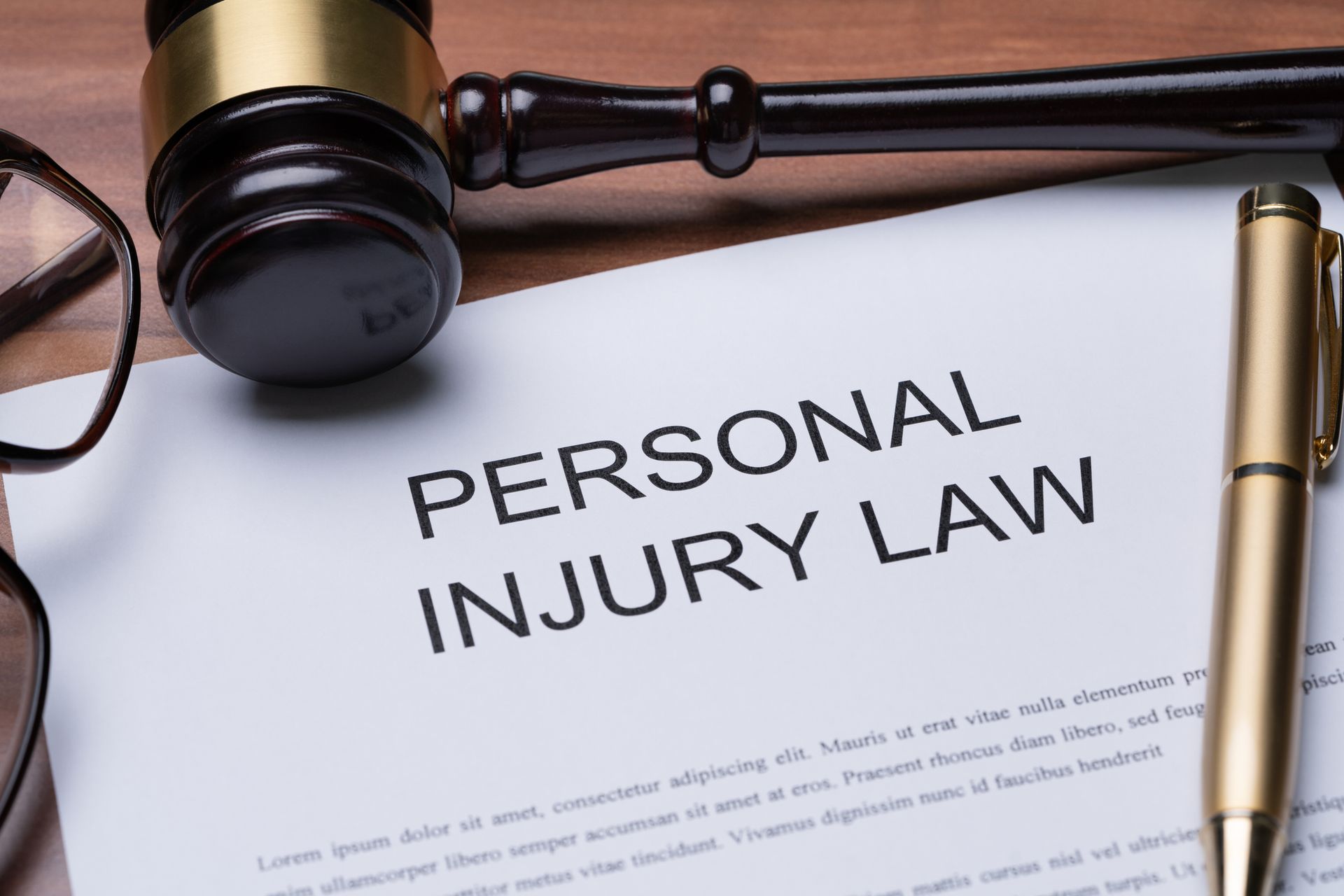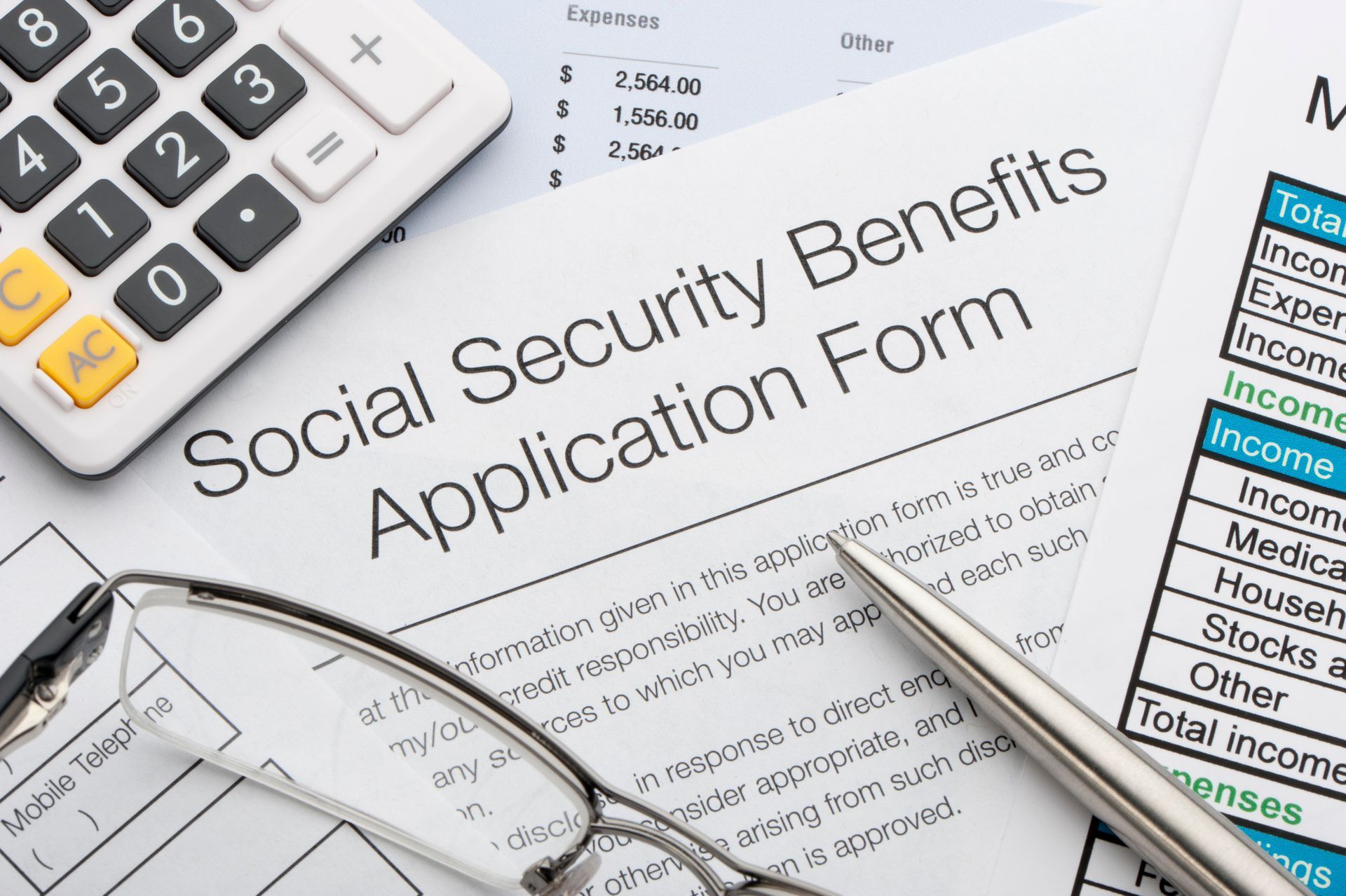
Work-Related or Personal? Understand Injury Responsibility

When an employee is injured at work, the employer is responsible for medical expenses if the incident is obviously work-related. Unfortunately, many injury cases are not this simple. Employees sometimes struggle to know if they have a genuine claim against their employer.
Shopping at Work
If a store employee falls while shopping on a day off, their injury is not the fault of their employer. The fall is not work-related even though the employee was on company property because the individual was not on the clock and was conducting personal business. While the person may have a valid personal injury claim, they do not have a valid workers' compensation claim.
An employee that is on the time clock and falls while picking out something for themselves, however, is eligible for worker's compensation. If the fall were to happen in the same manner while the worker was on an unpaid lunch break, the claim would likely not be accepted. Shopping during lunch can be considered a voluntary activity that is outside of the scope of the employee's work duties.
Injured While Arriving
Accidents that happen during arrivals and exits can also become complicated cases. Judges will often rule in favor of the employee when the accident happened on work property as someone arrived at work or left after their shift ended. Covered injuries are those that are connected to a job, and arrivals and departures are a natural part of the process.
The problem begins when people park somewhere other than the lot owned by the employer. People are no longer technically at work once they step off the property at the end of their shift or before their shift begins. If the injury was caused by the negligent behavior of someone else, it is possibly a personal injury claim against the owner or caretaker of the parking lot.
An exception occurs if the employee is off the clock and off the property but still performing work for their employer. An example would be if someone were asked by their boss to deliver something on their way home from work. A fall or other injury that occurred while the employee completed that task could be an employee injury.
Assaulted at Work
Nearly 2 millionpeople a year report being a victim of workplace assault. Some of these assaults qualify as a workplace injury and some do not. Successful claims include incidents where the employees were harmed by a member of the public. The assault could be an attack on only them or an incident of mass violence that included several victims.
Employees that are harmed by clients in places where aggression is common, like a psychiatric hospital or a prison, can also file workers' compensation for their claims. The potential for injury is well-known in these types of jobs, but that does not make people ineligible for compensation.
Coworker attacks are eligible if the person making the claim was not the aggressor in a physical fight. Assaults from personal acquaintances outside the place of employment do not qualify. If an ex-partner arrives at a workplace and causes physical harm, the victim will usually not receive worker's compensation benefits for their injury.
A personal attack that causes injury to other employees it is a legitimate worker's compensation claim because it only happened due to their proximity to the coworker. The person who was the target of the incident is not eligible because the assault had nothing to do with where they were and was only because of their personal relationship.
The line between what is a work-related event and what is not can be so thin that even law experts disagree on certain cases. At The Law Offices of James B. Gillespie, Jr., PLLCwe understand that injury victims need answers. Our team can help you to determine if an accident is personal or work-related according to the law. Contact us to discuss your case.





